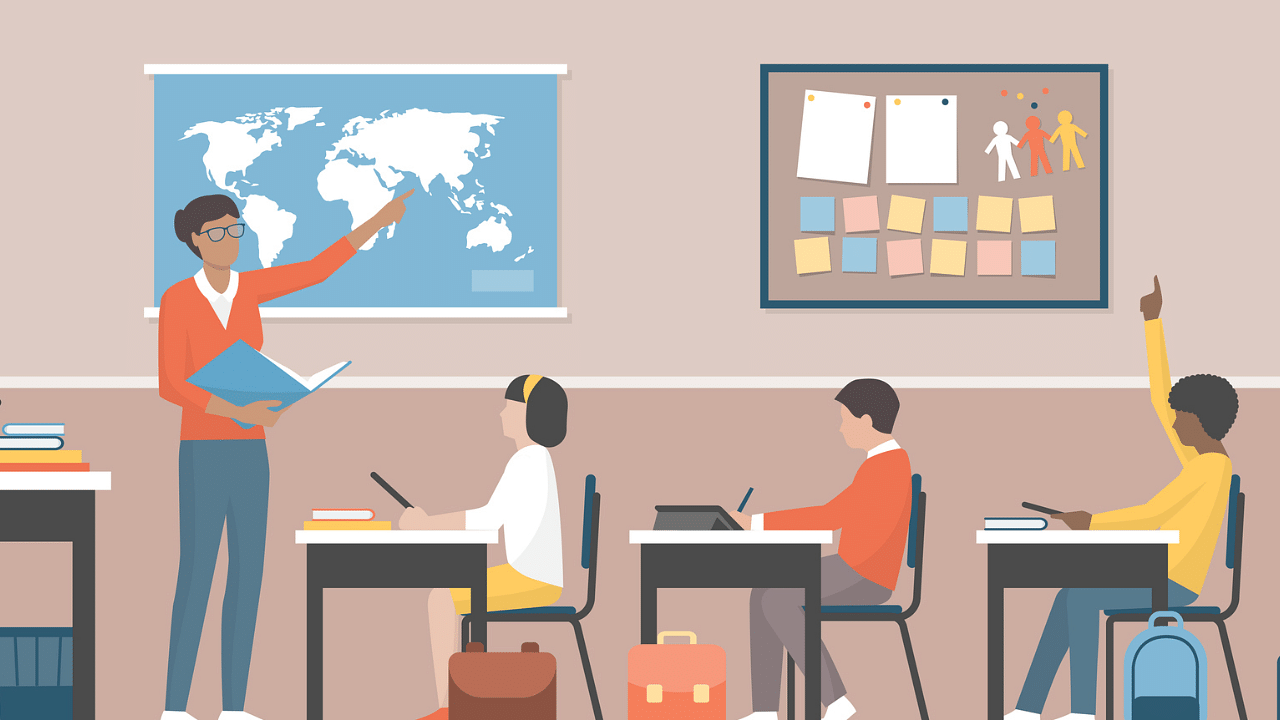
Seven of every ten new schools set up in India over the last eight years are private, hinting at inadequate quality and supply of public education, according to the Global Education Monitoring Report 2022.
“Only 46 per cent of adults agreed that the primary responsibility for providing school education rested with the government, the lowest share among 35 middle- and high-income countries,” the report stated, according to a report by The Times of India.
The number of students availing private tutoring after school due to poor quality of education in class is also high, at 61 per cent. It is noteworthy that while there are rules against teachers starting private classes for their own students, there is no setup in place for licensing or registering private tutoring.
The report states that non-state actors heavily participate in all aspects of education in the country. About a third of the students in India and Pakistan study in private schools that have no links to the state and over 90 per cent of teacher education in India is funded only by fees charged.
India has an estimated 4,139 madrasas which educate over 5 lakh students.
A survey of parents from low-income households across eight states showed that 86 per cent of children were in private schools. Parents are likely to choose schools on the basis of a handful of factors: English-medium schooling, availability of classes beyond the pre-primary level, geography and distance to home and reputation of the school.